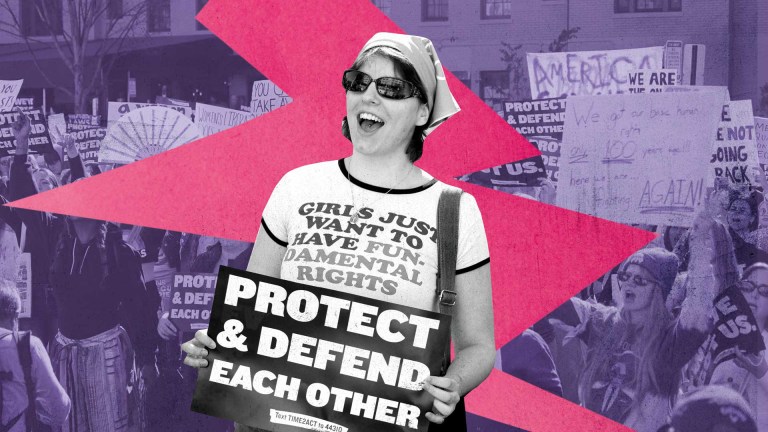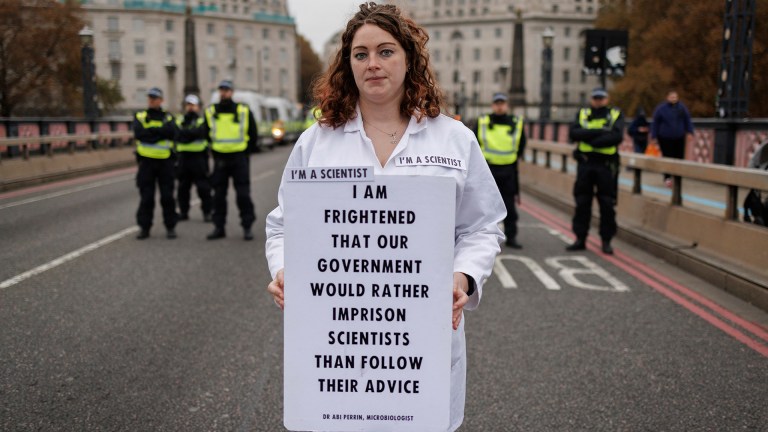Aurora isn’t alone. New research by the Child Poverty Action Group has found nearly two-thirds of recent claimants have Universal Credit deductions from their monthly payments, meaning families could be living on less than their assessed need.
The Government deducts monthly “debt” from Universal Credit payments for a number of reasons including overpayment, loans, rent arrears, utility bills and mortgage interest. These “third-party deductions” are intended to help claimants manage their finances, meaning money goes direct to landlords and utility companies and other creditors until the debt is paid off. Some Universal Credit deductions were suspended for three months from April 2020 due to the Covid-19 pandemic but have since resumed.
Aurora said her payments are being reduced because she was overpaid while in temporary employment and delayed cancelling her husbands’ benefits after he died while she was grieving.
Expensive London rent takes up 95 per cent of her total Universal Credit payment but she fears if she moves away she won’t have the support of family members.
“Our rent is so expensive, there’s very little money left over after having paid our rent. And then the pandemic has just made our situation worse because I can’t really work at all now,” she added.
Advertising helps fund Big Issue’s mission to end poverty
“I’m really lucky. We haven’t starved. I haven’t been to a food bank. But this is only because I have family help, otherwise we would have been homeless by now.”
The Child Poverty Action Group said the majority of deductions include repayments of a Universal Credit advance many families receive to get them through the initial five-week until their first payment. This five-week delay has been criticised for pushing people into debt and leaving them reliant on foodbanks.
Dr Ruth Patrick, lecturer in social policy and social work at York University who co-authored the new research, said: “When the pandemic struck millions of families were forced on to universal credit and hoped for safe harbour there.
“In reality, they found a system that expects them to survive for five weeks without any payments or, if they take an advance, to live on much less than their assessed need so that they can repay money they had no option but to ask for.
“The Government should respond to the many calls for reform and make advances non-repayable. That would take Universal Credit a step closer to being fit for purpose and offer some hope to the many families receiving Universal Credit who are going into a new year worrying about the new restrictions, school closures and whether they can stay afloat financially.”
Advertising helps fund Big Issue’s mission to end poverty
Aurora added: “It’s impossible to cope on [the money that’s] leftover when [Universal Credit] debt deductions are taken out. It’s time to fix this and provide much-needed help to families and their children.”
A Department for Work and Pensions spokesperson said: “Advance payments are available to claimants in need of urgent financial support, and from later this year claimants will be able to spread the repayment of this across two years of payments rather than one.
“For claimants who find themselves in unexpected hardship, the spreading of payments can be deferred for up to three months.”










